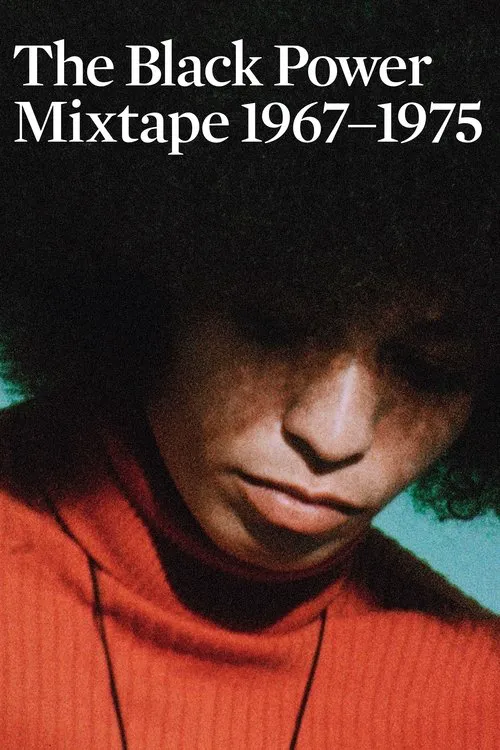The Black Power Mixtape 1967-1975

Plot
The Black Power Mixtape 1967-1975 is a documentary film that delves into the pivotal era of the Black Power Movement in the United States. Through the unique lens of Swedish journalists, the film presents an unflinching examination of the turbulent decade that shaped American history. Between 1967 and 1975, the Black Power Movement emerged as a powerful force in the Civil Rights Movement, advocating for racial equality, social justice, and self-determination. The film expertly weaves together a vast array of footage, expertly edited to convey the complexity, passion, and turmoil of this transformative period. The film begins with images of the 1967 Detroit riot, a pivotal moment in the Black Power Movement. The riot was sparked by racial tensions and police brutality, resulting in widespread destruction and the deaths of over 40 people. The footage captures the intensity of the situation, highlighting the deep-seated frustrations of African Americans in the face of systemic racism. This scene sets the tone for the film, underscoring the urgency and desperation that characterized the era. One of the documentary's greatest strengths lies in its use of footage shot by Swedish journalists. These foreign observers brought a dispassionate perspective to the movement, capturing intimate moments that often escaped the attention of American news outlets. For example, we see footage of Angela Davis, a prominent Black Panther, as she delivers a speech at a California college. The camera captures her charisma and conviction, conveying the infectious energy that drew so many to the movement. The film also features insightful interviews with key figures from the movement. Huey P. Newton, one of the founders of the Black Panther Party, speaks candidly about the role of self-defense in the party's philosophy. Eldridge Cleaver, another prominent Black Panther, shares his views on the importance of racial pride and the need for African Americans to assert their power. These testimonials offer a glimpse into the inner workings of the movement, illuminating the passions, conflicts, and contradictions that shaped its trajectory. Throughout the film, the Black Power Mixtape juxtaposes footage of the movement with snippets of conversations with everyday people – shopkeepers, students, and community activists. These ordinary Americans share their perspectives on the movement, conveying the sense of dislocation and confusion that often characterized the era. Their stories humanize the events, demonstrating that the struggles of the Black Power Movement were rooted in the everyday experiences of African Americans. One of the most striking aspects of the documentary is its consideration of the international context of the movement. We see footage of African leaders, including Julius Nyerere of Tanzania and Kenneth Kaunda of Zambia, as they express solidarity with the Black Power Movement. This transnational dimension highlights the movement's significance as a global phenomenon, with African nations recognizing parallels between their own struggles for independence and the Black Power Movement's fight for racial equality. However, the Black Power Mixtape also acknowledges the darker aspects of the movement. We see footage of militant groups, including the Black Panthers and the Student Nonviolent Coordinating Committee (SNCC), as they engage in armed confrontations with police. We also witness the brutal suppression of the movement by law enforcement, with footage of beatings, shootings, and arrests. These scenes drive home the brutal realities of state violence and repression that Black Power activists faced. The film concludes with footage of the Black Panther Party's collapse and the decline of the movement in the mid-1970s. The footage is bittersweet, capturing both the loss of momentum and the resilience of the movement's ideals. The final scenes feature interviews with surviving activists, who reflect on the lessons of the Black Power Movement and its enduring legacy. Ultimately, The Black Power Mixtape 1967-1975 is a vital exploration of one of the most pivotal moments in American history. By drawing upon a broad array of perspectives, the documentary offers a multidimensional understanding of the Black Power Movement, one that acknowledges both its achievements and its limitations. Through its use of Swedish footage, the film humanizes the movement, conveying the emotions, convictions, and frailties of its leaders and followers. This documentary is an indispensable resource for anyone seeking to understand the rich complexities of the Black Power Movement.
Reviews
Recommendations




